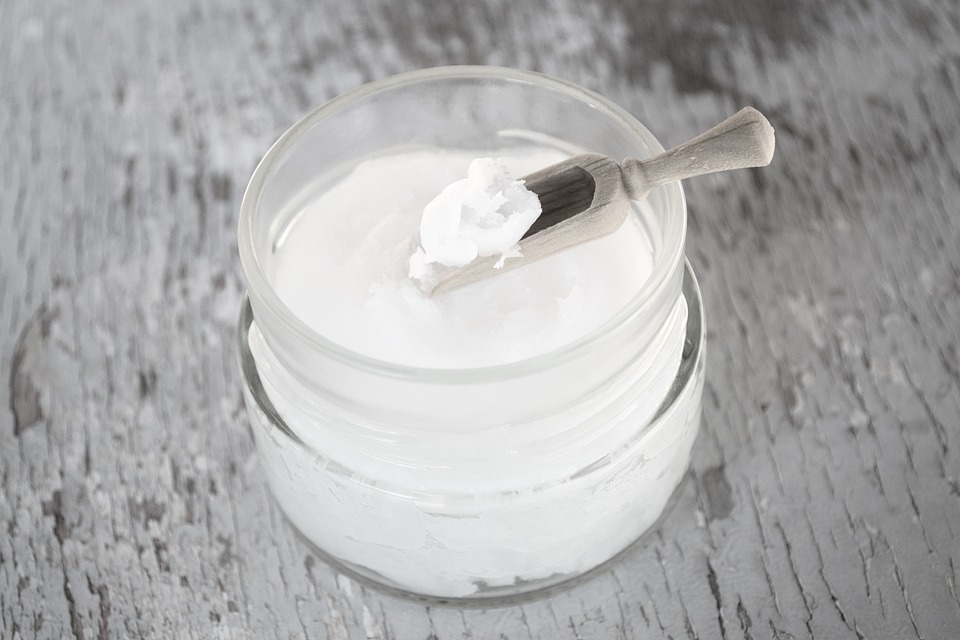The Benefits of Plant-Based Protein Supplements for Women
As a woman, it’s essential to prioritize your health and fitness goals. One crucial aspect of achieving your goals is ensuring you’re getting enough protein in your diet. Protein is vital for building and repairing muscles, organs, and tissues, making it a vital nutrient for overall health and well-being. Traditionally, many women have relied on animal-based protein sources such as meat, eggs, and dairy products. However, with the growing awareness of plant-based living, many women are now turning to plant-based protein supplements as a more sustainable, eco-friendly, and health-promoting alternative.
Why Plant-Based Protein Supplements for Women?
There are several benefits of opting for plant-based protein supplements, especially for women. Here are a few:
- Increased Fiber Intake: Plant-based protein supplements often come with a higher fiber content, which can help regulate bowel movements, promote digestive health, and support healthy blood sugar levels.
- Lower Risk of Chronic Diseases: A diet rich in plant-based protein has been shown to reduce the risk of chronic diseases such as heart disease, type 2 diabetes, and certain types of certain cancers.
- Better Skin Health: Plant-based protein supplements can help promote healthy skin by reducing inflammation, improving collagen production, and increasing antioxidant levels.
- More Sustainable: Plant-based protein supplements often have a lower environmental impact compared to traditional animal-based sources, making them a more sustainable choice.
- Increased Calcium Absorption: Plant-based protein supplements may be better absorbed by the body than traditional dairy-based sources, reducing the risk of kidney stones and osteoporosis.
Best Plant-Based Protein Supplements for Women
If you’re considering incorporating plant-based protein supplements into your diet, here are some of the best options for women:
- Pea Protein: Made from yellow split peas, pea protein is a complete protein source, meaning it contains all nine essential amino acids. It’s easy to digest and has a mild flavor.
- Hemp Protein: Hemp protein is a great source of essential fatty acids, protein, and fiber. It’s also rich in omega-3 fatty acids, which can help reduce inflammation.
- Rice Protein: Rice protein is hypoallergenic, making it a great option for women with sensitive stomachs or those who experience digestive issues with other plant-based protein sources.
- Brown Seaweed Protein: Brown seaweed is a rich source of protein, vitamins, and minerals. It’s also high in fiber, making it an excellent choice for digestive health.
Tips for Choosing the Right Plant-Based Protein Supplement
When selecting a plant-based protein supplement, keep the following tips in mind:
- Look for Third-Party Certification: Choose a supplement with third-party certification from organizations such as the International Society of Sports Nutrition (ISSN) or the National Science Foundation (NSF).
- Check the Ingredients List: Ensure the supplement contains no artificial additives, fillers, or preservatives.
- Consult with a Healthcare Professional: If you have specific dietary needs or concerns, consult with a healthcare professional or registered dietitian to determine the best supplement for your needs.
- Start with a Small Amount: Begin with a small serving size and gradually increase as needed to ensure you can tolerate the supplement.
In conclusion, plant-based protein supplements offer numerous benefits for women, from increased fiber intake and lower risk of chronic diseases to better skin health and a more sustainable choice. By choosing the right supplement and following proper guidelines, women can optimize their health and fitness goals while making a positive impact on the environment.




GIPHY App Key not set. Please check settings